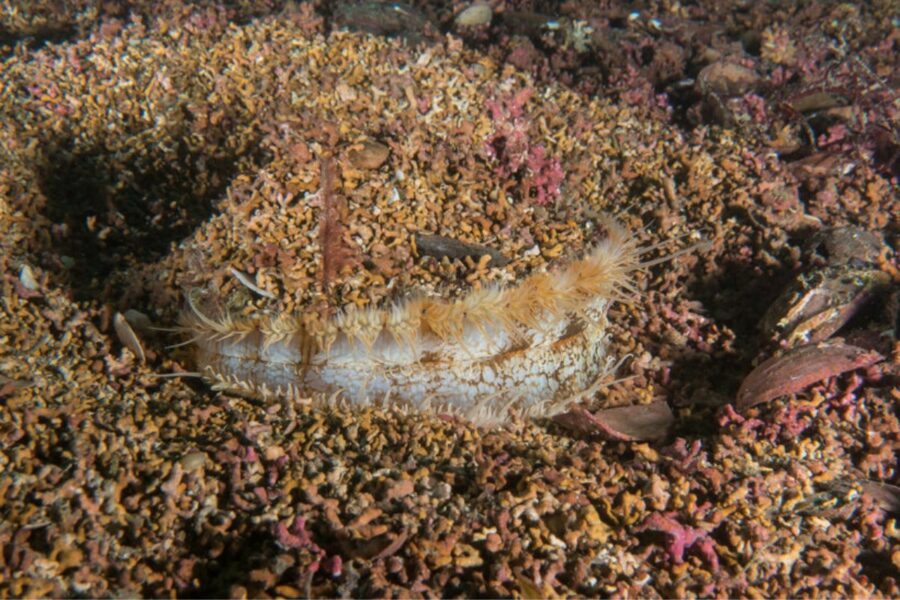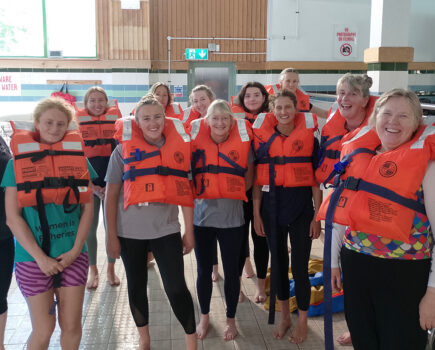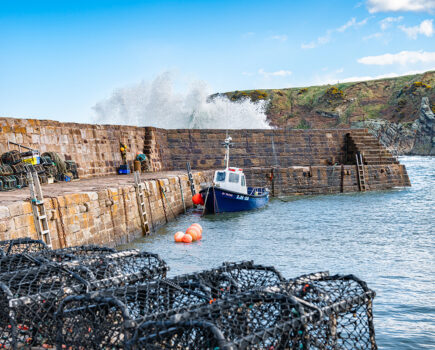Expected decision confirmed following industry consultation
Legislation to make it compulsory to fit remote electronic monitoring (REM) technology on all scallop dredgers and pelagic vessels (including freezers) fishing in Scottish waters will be introduced to the Scottish parliament in 2023. The legislation will also apply to all Scottish scallop dredgers and pelagic vessels fishing outwith Scottish waters.
The announcement follows a consultation on the use of REM on some vessels fishing in Scottish waters that ran from 15 March to 7 June, 2022.
The Scottish government will also undertake further work to assess options for the wider use of REM in other fleet segments – specifically over-12m demersal vessels. This will be considered in conjunction with the development of Scotland’s Future Catching Policy, which has been subject to a separate but related consultation.
REM has been in use on some Scottish vessels, including scallopers, since 2017, but not on any scale in pelagic vessels. Therefore, although the legislation will apply to both scallop dredgers and pelagic vessels, it will not take effect immediately for pelagic vessels.
Instead, there will be a 24-month commencement period after the legislation comes into force to enable vessels to source and install the required technology.
“Significant work will be needed in partnership with both the domestic and international fishing industries impacted as they prepare for the implementation of REM,” said the Scottish government.
Discussions have taken place with other UK fisheries administrations regarding implementation of REM. Other coastal state administrations have been notified of the plans and their impact on non-Scottish vessels fishing in Scottish waters, as the legislation will apply to all relevant vessels fishing in Scottish waters, regardless of their nationality.
Mike Park, chief executive of the Scottish White Fish Producers’ Association, which has many scallopers in its membership, said the industry knew the legislation was coming and was ready for it.
“In many cases it will help to improve the image of the sector,” he said.
“It’s also important that cameras are not imposed on us just for policing purposes, and are used for a sensible data-gathering system. If we get it right, we have the opportunity to provide a significant amount of additional data to what we can currently.”
He pointed out that this was important in the context of the continual expansion of wind farms and the restrictions on fishing in MPAs, where it was important to provide evidence of where boats had been fishing.
“I guess we were going to move in that direction anyway,” he said.
“With regard to rolling it out to the rest of the sectors, it has to be done at the right pace for them because we are dealing with complex mixed fisheries.
“I think Defra is looking at it for the offshore mixed fisheries in 2026 or 2028. That gives us a chance to get our ducks in a row in terms of the Fisheries Management Plans.”
‘Analysis of consultation: marine resources – ensuring long-term sustainability: (REM)’, the analysis of the responses to the REM consultation, can be found here.
This story was taken from the latest issue of Fishing News. For more up-to-date and in-depth reports on the UK and Irish commercial fishing sector, subscribe to Fishing News here or buy the latest single issue for just £3.50 here.
Sign up to Fishing News’ FREE e-newsletter here.








